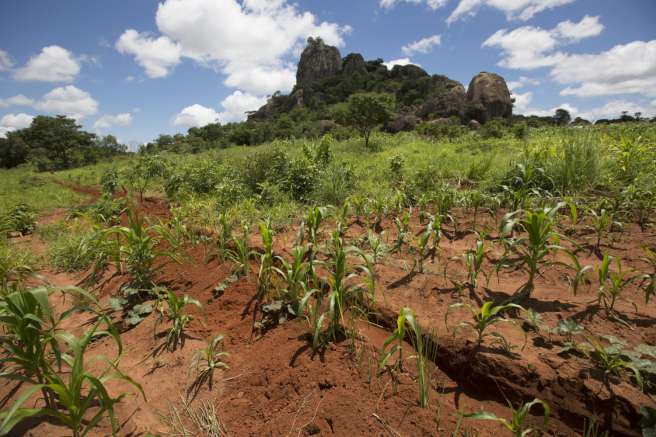Pro-Resilience Action (PROACT) Malawi
The programme will ensure more than 65,000 vulnerable households are resilient to food and climate change shocks, through the following interventions:-
1) Resilience of poor smallholder farmers is enhanced through increased agricultural production and income.
2) Drought affected communities will have reduced vulnerability to external shocks while having increased productive and income generating capacity.
3) Local government and community/traditional institutions capacity is reinforced. Service delivery and conditions for sustainable peace and development in the target operational areas improved;
4) Social norms and values contribute positively to women’s food security at both community and household level.
Our approach
To increase the capacity of households and communities to cope with food and climate-related shocks, through smart agriculture to improve nutrition and geared towards economic empowerment and gender inclusion.
To strengthen policy systems to enhance social protection and resilience integration and uptake.
To increase community and household disaster-risk and climate-change knowledge.
Support to prisons within the districts covered by the programme, resulting in improved food, diet and general environment.

Key information
Location:
Mwanza, Neno, Chikhwawa, Mzimba South and Mzimba North
Timescale:
48 months.
Programme value:
4.25 Million Euros
Target population:
The poorest households in Malawi (many of which are headed by women)
Implementing Partners:
CARE Malawi, Eagles Relief and Development Programme, and Synod of Livingstonia Development Programme
Funded by: European Union
Key achievements
Indicators of achievement of impact will include:
- Increased number of households who are food secure
- Reduced level of underweight children aged 0 – 5 years
- Increased number of households that are resilient to food shocks.
- Number of systems and structures at community and district level strengthened to prevent, prepare and respond to food crises.